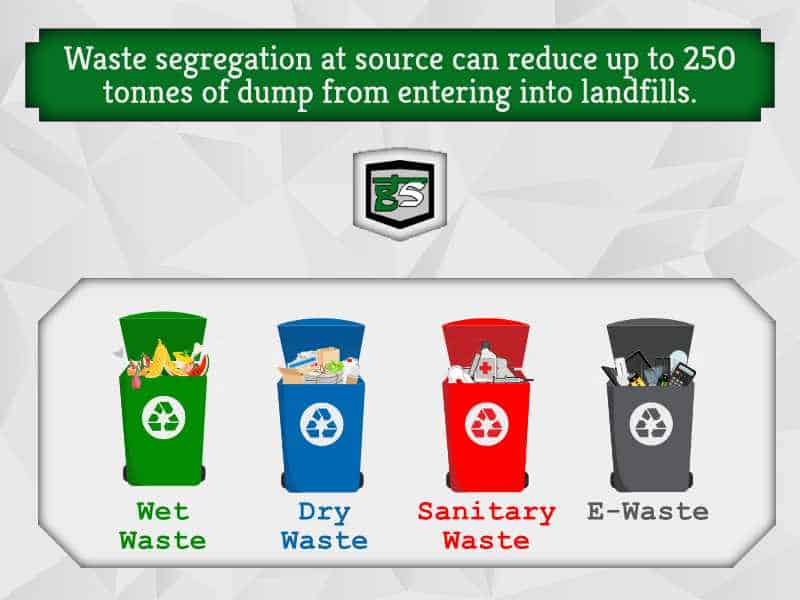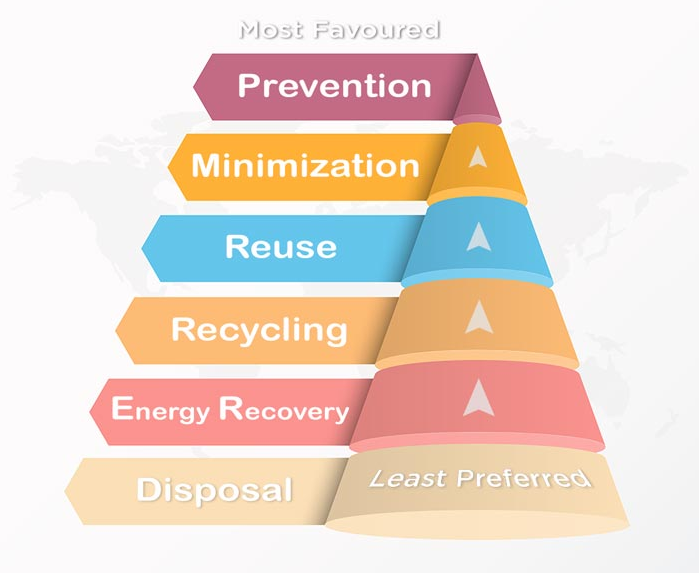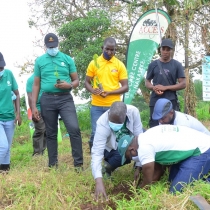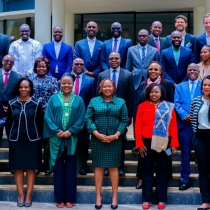
Uganda's Landfills: A Ticking Time Bomb or Treasure Trove
In the wake of the tragic collapse of the Kiteezi landfill in Kampala, Uganda faces a crucial moment to rethink and innovate its waste management strategies. The incident, which brought to light the dangers and inefficiencies of traditional landfills, also offers an opportunity for the country to explore more sustainable and constructive ways to handle waste.
While challenges such as technology costs and public awareness persist, the potential benefits of transforming landfills are substantial. By adopting a comprehensive approach that combines waste prevention, recycling, energy recovery, and resource extraction, Uganda can turn its waste problem into a sustainable solution.
And as urbanization accelerates and waste generation increases, Uganda can look to global best practices to transform its garbage landfills into assets that contribute to environmental sustainability and economic growth.
The Kiteezi Wake-Up Call
The collapse of the Kiteezi landfill, Uganda’s largest waste disposal site, not only resulted in loss of lives and property but also underscored the environmental and health risks posed by poorly managed waste facilities. The landfill, which has long been overburdened, is emblematic of the broader challenges facing waste management in Uganda. The incident has sparked a national conversation on the urgent need for reforms and the adoption of innovative solutions for waste disposal management.
How Uganda Can Reimagine Garbage Landfills Post-Kiteezi Tragedy
Turning Landfills into Green Energy Hubs: One of the most promising avenues for reimagining landfills is the conversion of waste into energy. Biogas plants, which harness methane produced by decomposing organic waste, offer a dual benefit: they reduce harmful greenhouse gas emissions and provide a renewable energy source. Countries like Sweden and Germany have successfully implemented waste-to-energy plants that not only power homes but also reduce the volume of waste in landfills by up to 90%. Uganda, with its vast amounts of organic waste, could leverage similar technologies to generate electricity, reduce its reliance on fossil fuels, and mitigate the environmental impact of landfills.
Recycling and Resource Recovery: Another crucial strategy is the promotion of recycling and resource recovery. By establishing material recovery facilities (MRFs) at landfill sites, Uganda can sort and recycle materials such as plastics, metals, and paper, reducing the amount of waste that ends up in landfills. Recycling not only conserves natural resources but also creates jobs and stimulates the economy. Rwanda’s zero-waste initiative, which has drastically reduced the amount of waste sent to landfills, serves as an inspiring model for Uganda.

Landfill Mining and Remediation: Uganda can also explore landfill mining, a process where old landfills are excavated and processed to recover valuable materials and reclaim land for other uses. This approach not only reduces the long-term environmental risks associated with landfills but also frees up land for agriculture, housing, or other developments. Landfill mining has been successfully implemented in several countries, including the United States and Belgium, where it has helped to manage waste more sustainably while addressing land scarcity issues.
Community Engagement and Education: Central to any successful waste management strategy is community involvement and education. Uganda needs to invest in public awareness campaigns that encourage waste segregation at the source, composting, and the reduction of single-use plastics. Empowering communities with knowledge and tools to manage waste responsibly can significantly reduce the burden on landfills and enhance environmental sustainability.
A Path Forward: The Kiteezi landfill tragedy has highlighted the urgent need for Uganda to overhaul its waste management system. By adopting innovative approaches such as waste-to-energy conversion, recycling, landfill mining, and community education, the country can turn its landfills from liabilities into valuable assets. These strategies not only promise to address the immediate challenges of waste management but also offer a path toward a cleaner, greener, and more sustainable future for Uganda.
As the nation moves forward, it must prioritize investments in technology, infrastructure, and public engagement to ensure that such a tragedy never occurs again.
It is imperative that the government, private sector, and civil society collaborate to develop and implement effective waste management strategies. Through these innovate approaches, Uganda can lead the way in transforming landfills from environmental liabilities into assets that contribute to economic growth and environmental sustainability.
Links
- 40 views












































Join the conversation